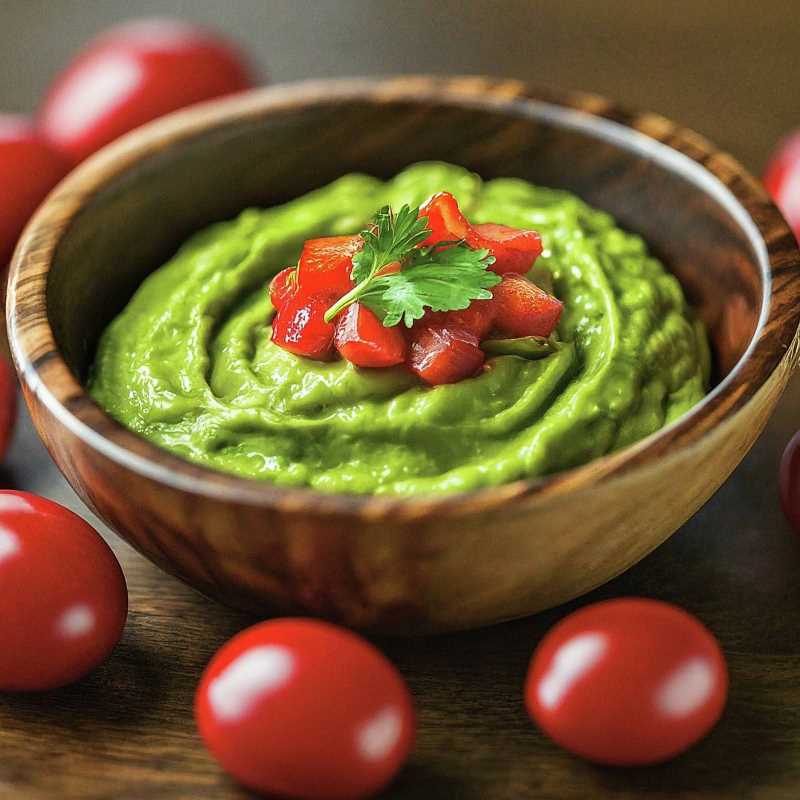Mexico and the U.S. Strengthen Avocado Ties
Mexico’s avocado exports to the U.S. have thrived for decades due to strict compliance with sanitary standards. Now, the U.S. has entrusted Mexico’s Senasica with orchard inspections, a testament to Mexico’s agricultural capabilities.

If there were ever a fruit to symbolize Mexico’s global agricultural might, it would be the avocado—rich, creamy, and beloved by foodies everywhere. But beyond its irresistible taste, the avocado is an emblem of successful international trade and collaboration. For more than 27 years, Mexican avocado producers have played by the rules, adhering to stringent agricultural standards in complex trade agreements and sanitary inspections, all while delivering their luscious fruit to the world’s tables.
Recently, a notable shift in the avocado export process between Mexico and the United States occurred, one that highlights a trust hard-earned and a system built on mutual respect and cooperation. The governments of both nations have now agreed to transfer a significant part of the avocado orchard sampling and certification process to Mexican authorities, specifically to the officials of the Ministry of Agriculture and Rural Development. It is a testament to the compliance and success of Mexico’s national producers in adhering to the Export Work Plan for over two decades. During this time, no significant sanitary issues have arisen—a remarkable feat in a world where pests and diseases can cripple entire industries overnight.




